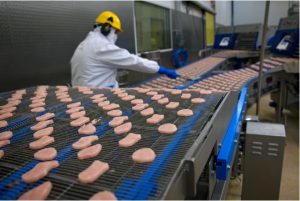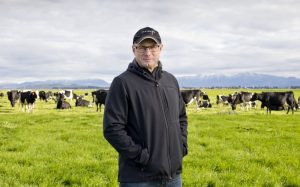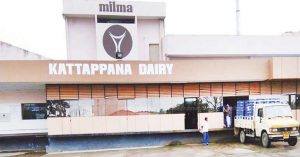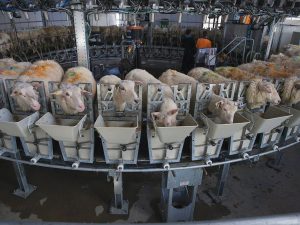A group of Spanish farmers has fired the opening salvos in what could transpire to be an EUR 800 million claim against 10 international dairy companies who have already been censured by Spain’s National Markets and Competition Commission (CNMC) for cartel behaviour. The 1 December filings were the almost inevitable consequence of the CNMC’s 2019 decision, which resulted in fines totalling EUR 80.6 million being levied on household-name companies including Danone, Nestlé and Lactalis.
The CNMC found that, between 2000 and 2013, the 10 dairy companies had exchanged information on purchase prices, volume and the level of surplus milk with the aim of purchasing milk from farmers at less than that normal market conditions would dictate.
With the number of potential claimants running to more than 7,000 farmers, making individual claims is clearly impractical. Lianne Craig, managing partner at Hausfeld, the farmers’ legal representatives, tells CDR: “Spain does not yet operate a class action or collective claims system which allows for high volumes of claims to be processed in the same manner. Filing thousands of claims at the same time would overwhelm the Spanish courts, as seen in the , so we opted for a responsible but novel approach to litigation by filing a handful of claims instead. The selection will show the courts an accurate picture of the different typologies of affected clients the firms represent. The smaller number should be helpful to the judiciary, making it procedurally simpler and encouraging a swifter resolution of the claims.”
The initial claims represent only a small fraction of the overall EUR 800 million total – around EUR 10 million – and are intended to gauge the judiciary’s views before further lawsuits are greenlit. And while a clear timescale has yet to emerge, Craig is confident that “by bringing these smaller claims, we anticipate that they are being progressed fairly swiftly. In Spain it usually takes between one and one-and-a-half years for the claim to be litigated”.
David Fernandez, CEO of Madrid-headquartered mass-litigation specialist Eskariam, who is representing the farmers alongside Hausfeld and with the assistance of Hitchings & Co, echoed Craig: “In a first phase, we filed claims in a number of key jurisdictions, so that the judiciary can assess key aspects of the claims. This way, we can avoid the courts being blocked or paralysed for years when asked to deal with 7,000 claims simultaneously. We would like to encourage a different way of litigating on behalf of those affected, especially given that Spain does not yet operate a class action or collective claims system which allows for high volumes of claims to be processed in the same manner.”
Hausfeld has been preparing the case for two years, and Craig is passionate about seeking redress. She explains: “By speaking to the farmers and farmer associations over all that time, we realised how devastating this cartel has been. It is hard not to be affected by their stories. Milk production is a very tough profession that requires a high dedication of 12+ hours a day, 365 days a year (they do not have holidays, public holidays…). Dairy farmers have been paid below the cost of production for years and this situation, enforced by the cartels, has resulted in the closure of thousands of farms already, as well as the loss of economic activity and depopulation for the rural areas.”
Agaprol, the largest association of milk producers in Spain, said in a statement: “Dairy farmers have been paid below the cost of production for years. This state situation, enforced by the cartels, has resulted in the closure of thousands of farms; the loss of economic activity and depopulation – a dire state of affairs for rural areas. The success of these claims would mean compensation for the losses caused over the years and would ensure that our industry can continue to supply our food chain with an indispensable product such as milk in a viable manner.”
The dairy companies’ cartel behaviour has not escaped the authorities in other European Union member states. A source, who asked to remain anonymous, tells CDR that “two weeks ago the French competition authority announced that they made unannounced inspections in the cow’s milk supply sector. We do not know the identities of the companies nor the practices they applied”. This follows the 2017 decision of the imposed by the French Competition Authority on nine dairy manufacturers for anticompetitive behaviour between 2006 and 2012.
















